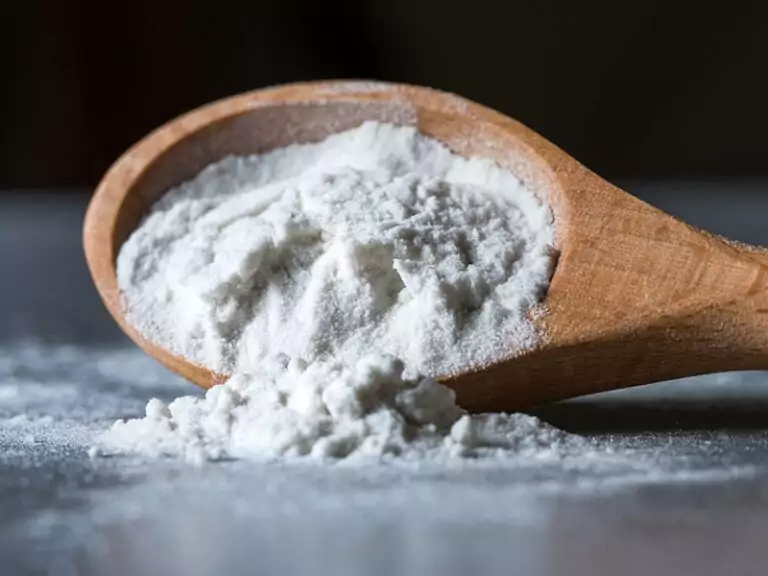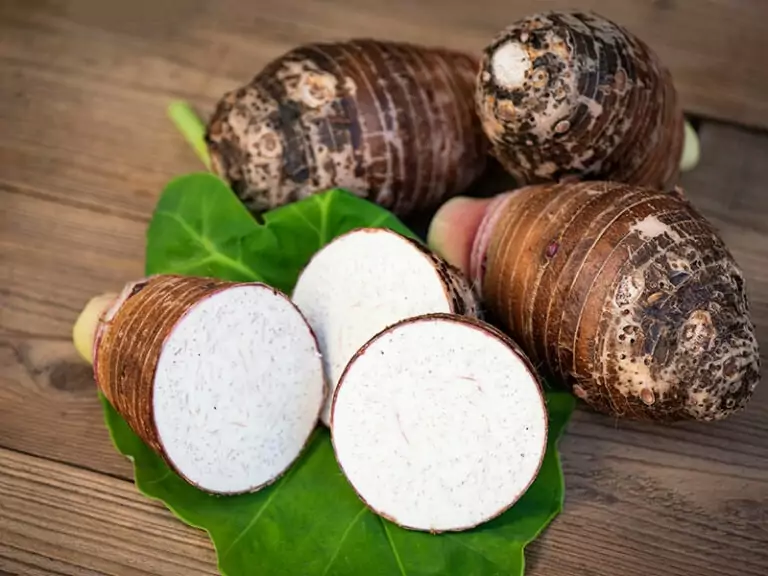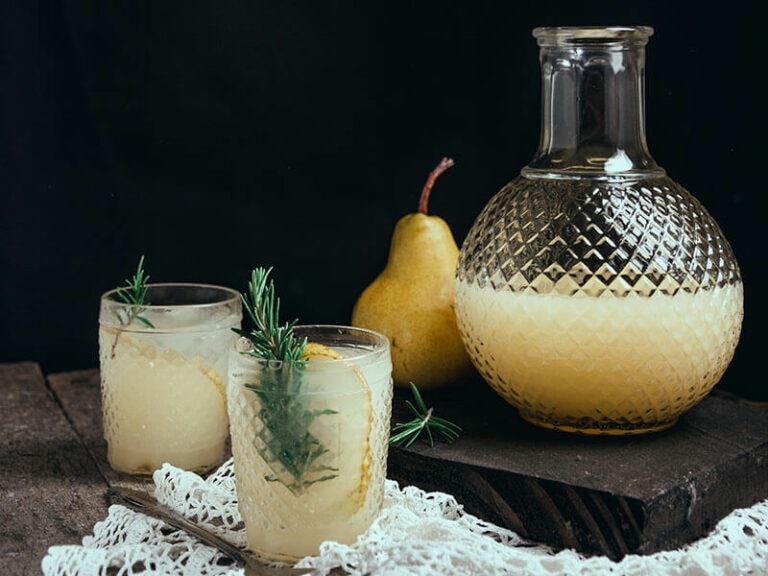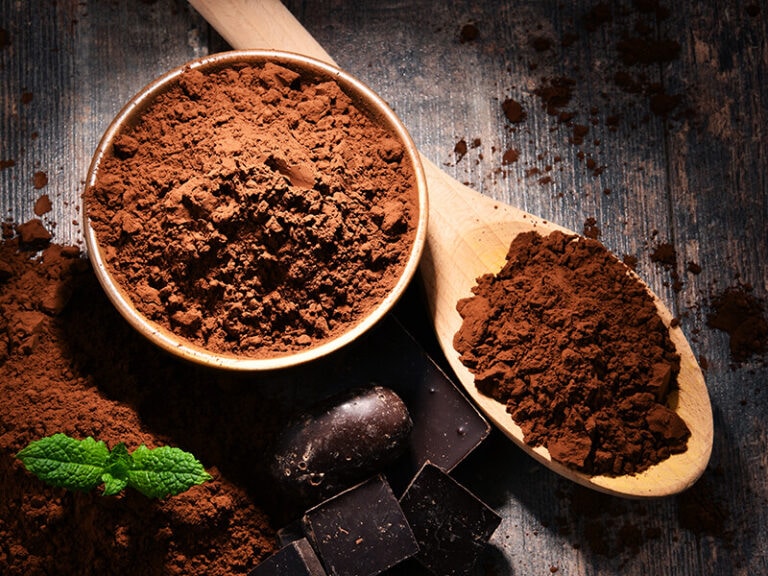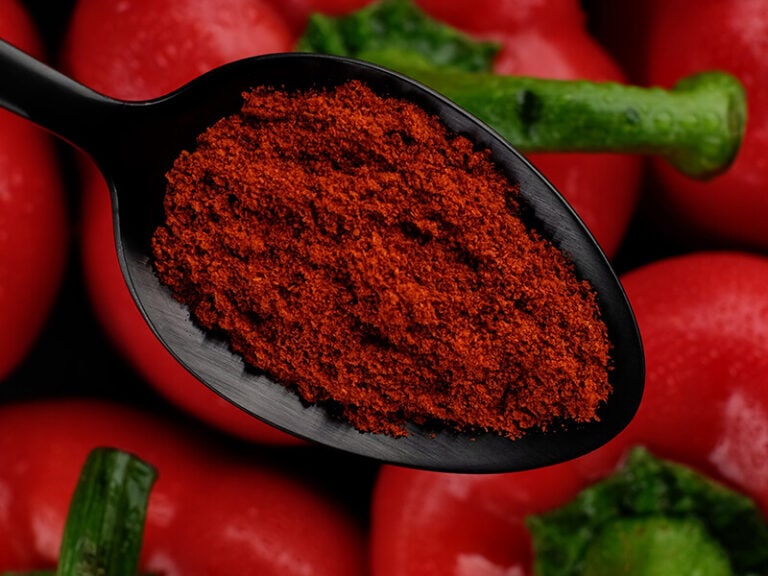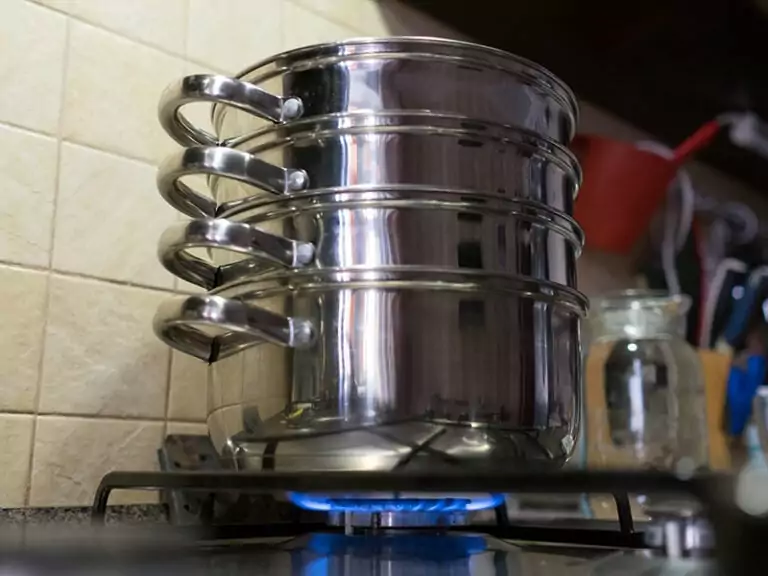If you are still wondering about the question of baking vs. cooking and how they differ, then you are at a good start. Some people mistake these two terms because they are often used interchangeably. However, they are far from being synonymous.
These commonly used terms refer to turning raw ingredients into edible and delicious dishes. The fact that they employ different tools during the process creates a gap that makes them dissimilar.
This article sets out to give you a good look at the parts and parcels of baking and cooking to finally close the case. Let’s begin!
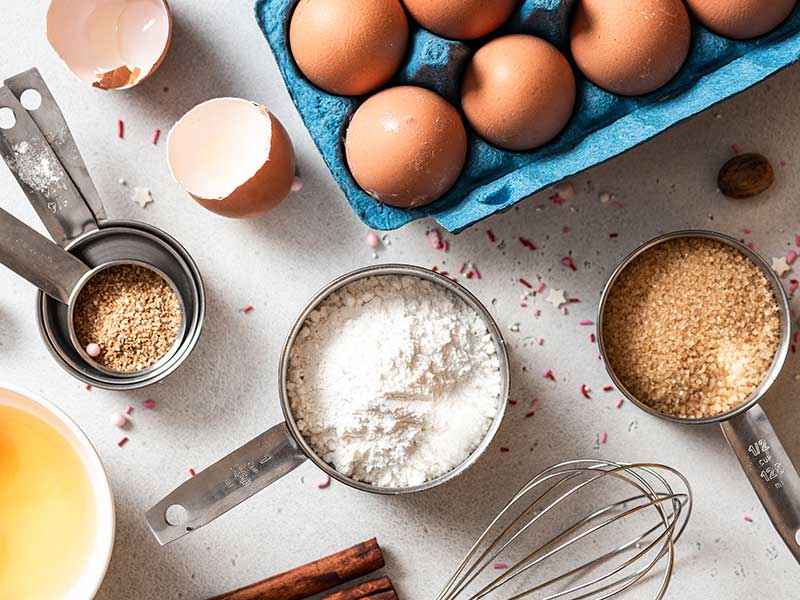
An Overview Of The Two Methods
Before getting to the tidbits of what makes them different, let’s look at each of them separately. Spoiler alert, baking is cooking, but cooking is not baking!
Cooking
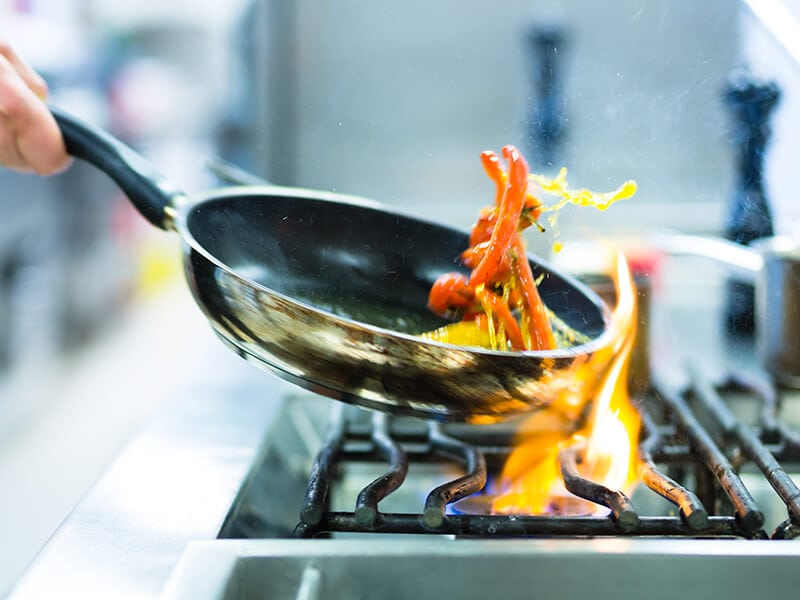
In the simplest term, cooking uses the heat of any kind to make raw food and ingredients into safe-to-eat dishes. The concept of cooking is estimated to have been invented more than 2 million years ago when humans started using fire to heat their food instead of consuming it raw.
It is believed that the advent of cooking shaped mankind into the human of today (1). As time passed, humans advanced, and so did the cooking methods.
Cooking techniques vary from place to place, reflecting the conditions and traditions of the region. With the recent expansion of global trade and commerce, ways of cooking have been from one culture to another; each would innovate them with its take.
Learn the cooking basics with Master chef Gordon Ramsay.
Among the copious techniques, you may recognize these are the most common way of cooking:
- Roasting: Cooking food such as meat or vegetables in an oven.
- Steaming: Cooking with the steam given off by boiling water.
- Boiling: Submerging food into boiling water.
- Frying: Using a shallow pan to cook food in hot fat or oil.
- Stir-frying: Stirring food while frying them over high heat.
- Deep-frying: Submerging food into boiling oil or fat.
- Simmering: Heating food below the boiling level.
- Smoking: Curing or preserving food by exposing them to smoke.
- Barbecuing (also known as grilling): Cooking food on a metal frame with fire from underneath.
- Microwaving: Cooking food in a microwave.
- Baking: Cooking in an oven without direct exposure to a flame.
The final products of cooking can differ. Some might change in texture, size, chemical composition, and appearance. For example, eggs become firmer after being fried or boiled, but vegetables tend to go limp after being cooked.
Cooking can also vary due to what is used in the process: ingredients, spices, herbs, seasonings, and utensils. Most cooks have to learn and practice for months or even years before working in a restaurant.
But as Chef Gusteau from Ratatouille once said, and I quote: “Anyone can cook”. You can cook if you know how to boil vegetables and make basic Mac & Cheese.
Baking
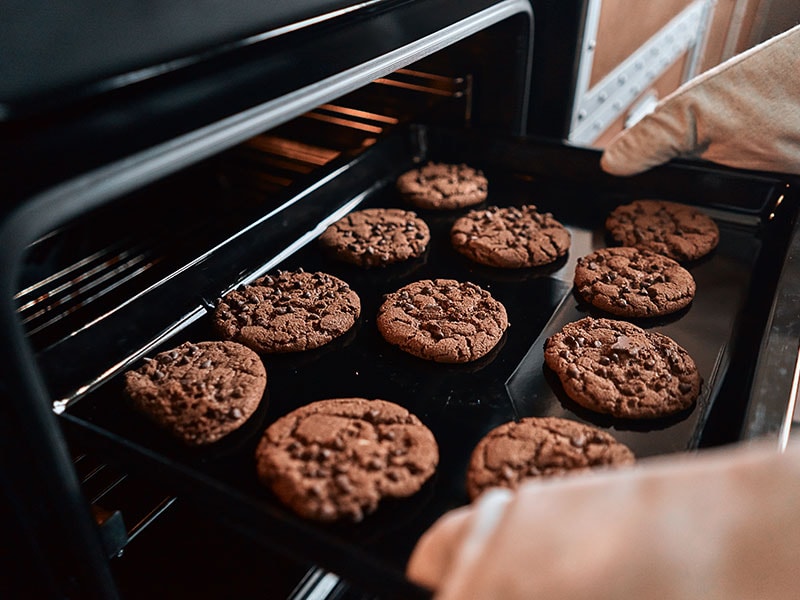
If you notice closely, you will find that baking is listed as a cooking method. Baking also employs heat to turn raw ingredients into edible food; in this case, it is a dry heat source such as coal, wood, gas, or electricity, typically in an oven with a temperature under 400 degrees.
Discover the fundamentals of baking with this short clip.
Baking is thought to be in practice in the years 2600-2100 BC in Ancient Egypt. They knew how to use yeast in the bread, which had been used for making beer. The world’s oldest oven was discovered in 2014 in Croatia, dating back to 6500 years ago.
Bread baking started around 600 BC by the ancient Greeks. Much later, baking became even more commonplace for the Romans, where pastries were consumed as a staple food. (2)
When people think of baking, they usually visualize freshly made bread. But the products of baking are plentiful. Cookies, muffins, pies, bagels, pizzas, and more are the delicious goods of baking.
The input ingredients are often batters or dough. During the baking process, heat gradually goes from the surface of said ingredients to the center. This is why baked goods often come out of the oven with a harder shell surrounding a softer interior.
You can also use the oven for cooking other food such as meat, fish, and vegetables. It is called roasting if done at a temperature of 400 degrees or more. Otherwise, it is still considered baking.
Nowadays, baking is often performed in industrialized environments, with bread and cookies made in factories. You can also easily spot your local bakeries offering freshly baked products that often taste better than factory-made ones.
Many also take up baking as a hobby and make their cakes at home. Maybe you are also considering that option before searching this article!
What Makes Them Different
Now that you have the basics of the two concepts let’s compare baking and cooking. There are four ways to tell them apart:
Types Of Equipment And Ingredients In Used
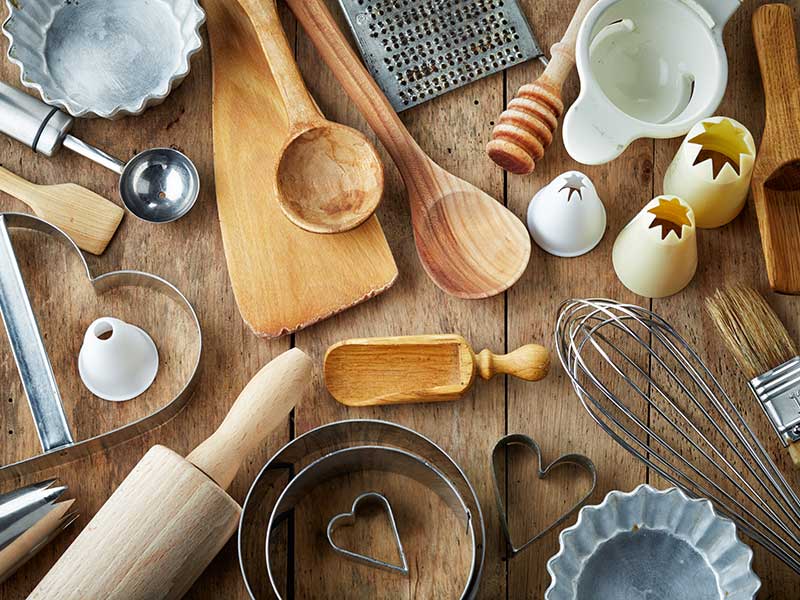
Baking requires an indirect, dry flame in the process; this makes having an oven a required element for any baker. On the other hand, a cook’s kitchen will boast a lot of heating equipment, such as a stove, a grill, a deep-fryer, and more.
On a baker’s site, you can spot a rolling pin, dough mixer, hand mixer, measuring cups, and whisker. A cook’s workstation will be filled with pots, pans, knives, and other stuff necessary for cooking.
The flour dust lying around is one way to tell the place belongs to the baker. Bakers use flour, yeast, baking powder, baking soda, and more ingredients to create their final products. In contrast, cooks can have a lot of spices and seasoning jars cluttering up their space.
Baking can also be applied to products such as meat, fish, and some vegetables to give them distinctive textures and tastes that other forms of cooking can’t do.
Those ingredients and equipment listed above are only a few things you use to identify whether it is baking or cooking a person is pursuing. There are a lot more depending on the expertise of the person in question.
Final Products
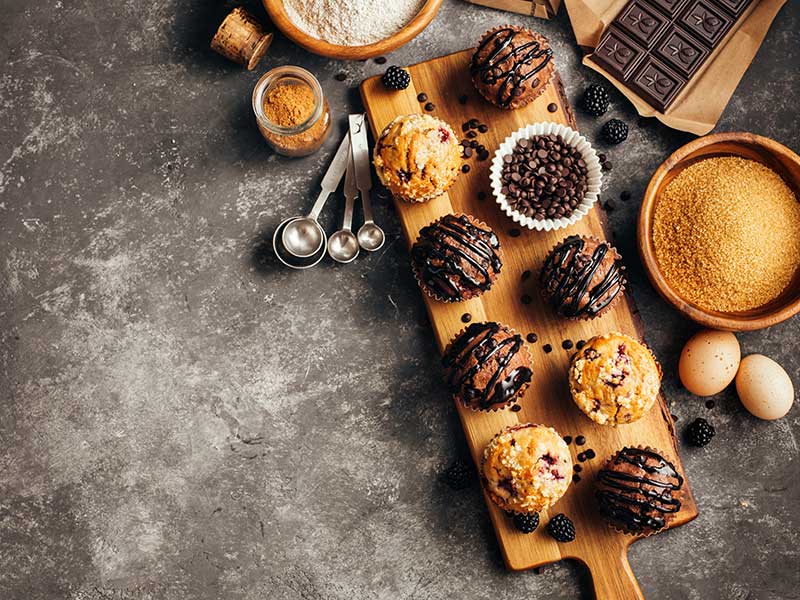
Not all food that comes out of the oven is considered baked products. When people think of baked products, their minds often visualize the images of fluffy loaves of bread and sweet pastries.
These are made from thoroughly kneaded and rested dough with leavening agents so they can rise during the resting and baking period. This is why baked products often have air pockets inside of them after going through the oven.
Almost all kinds of cakes, bread, cookies, muffins, and pastries are the products of baking. You can also put Ingredients such as meat, fish, and vegetables in the oven.
The result of cooking can range anywhere from simple boiled vegetables to the fancy hardest-to-prepare Fugu Pufferfish. If you see that the dish requires direct heat, such as on a stove or a grill, you will know that it is “cooking”.
Precision Requirement
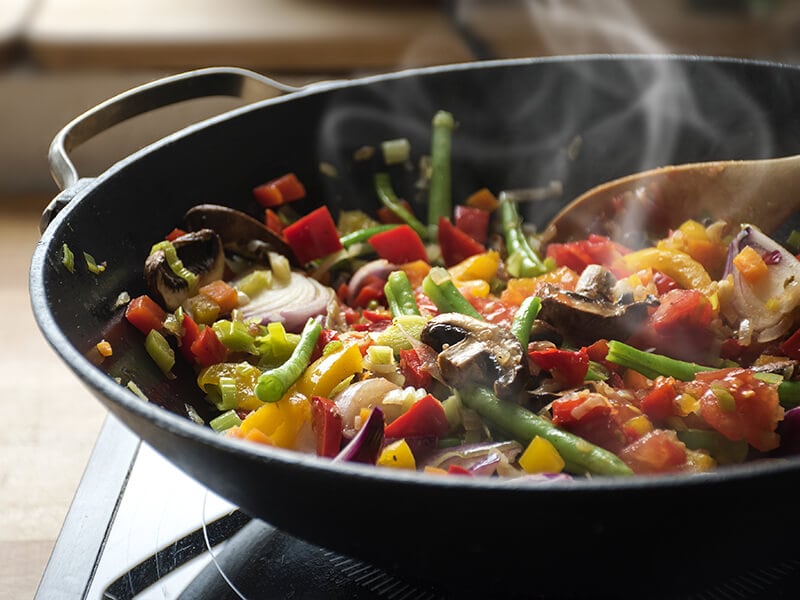
Baking can be considered a science in the field of cooking because it requires a lot of specifications and technicalities. A little miscalculation of time, quantities, humidity, and temperature in the baking process can bring unsatisfactory results or even inedible scraps.
Before baking, you must have exact measurements of each ingredient. Some food, such as fish, filets, and steaks, can also be baked; each requires a specific temperature to pull off. Therefore, you must put on the right amount of heat at the right time.
This demanding trait of baking makes it quite a challenge for beginners because they often encounter a sad-looking undercooked lump or a beyond-salvageable burned crisp. But after some time, baking becomes much easier with enough experience.
On the other hand, cooking requires hygienic rules to be followed; other than that, you can improvise as much as you want when you cook. You can follow the recipe books to the words or make up your own version of them.
The temperature might be one thing you need to do as guided because your dish might be undercooked or overcooked if you get it wrong. Feel free to be as creative as you wish with anything else and experiment to see if your creation is to your liking.
Improvisation is the catalyst for the creation of new recipes. The more you improvise and get away with it, the more you know that you are improving at cooking. It can also be considered a form of art because creativity is a crucial ingredient in cooking.
Popularity
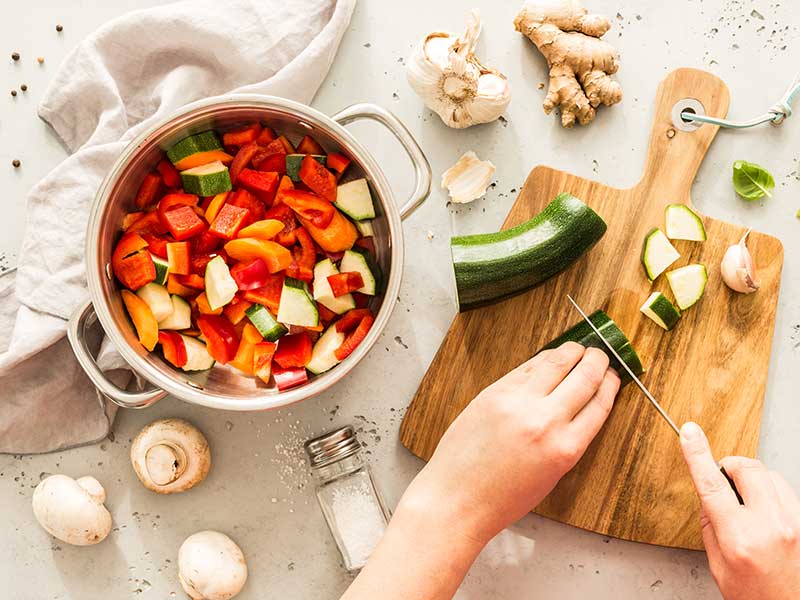
To most people, cooking is among their everyday routines. Everyone can cook, and everyone will cook at least once in their life. Cooking was also invented much earlier than baking, making it the more popular candidate.
Cooking also has an easier-to-pass threshold; it requires less expensive equipment, experience, and time. In order to get into baking, you must first have an oven, which can be costly for a lot of people.
The popularity of baking can also depend on where you live. Some countries make baked products their staples, while some treat them only as side dishes.
Overall, if you have to declare the winner, then the prize would go to cooking for being more common.
The Ultimate Comparison Table
This table sums up all the details you might have missed in the previous sections.
A Profession Of Cooking – What To Consider
Though it is established earlier in the article that cooking is easier to get into compared to the precision requirements of baking, being a professional cook can be a challenge if you consider going down that route.
Just like other vocations, cooking can bring joy and happiness into your life, but it can also be a source of stress if you work in a fast-paced environment. Here are a few things you need to know before pursuing a cooking profession.
Career Options Available
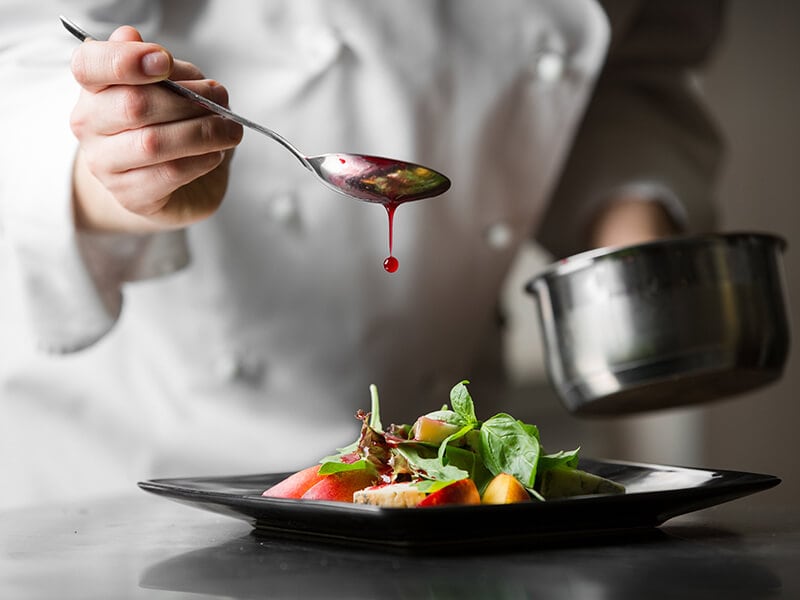
There are a lot of roles to be filled in this culinary world. New restaurants popping up will need new, aspiring chefs. Besides that, catering service is also a lucrative field you may want to consider.
You can be a gourmet chef or a private chef with the right skill set. Culinary skills can also land you a role in food research and development. You can be a nutritionist with knowledge of cooking and preparing food.
For the entrepreneurial chefs out there, having your own culinary establishment is an option. There have been those that started out with a food truck and built up their eatery chain from there.
Should You Go To A Culinary School
You don’t need a culinary degree to become a chef, but getting one increases your chance of having a role at top restaurants and hotels. A degree shows that you have the necessary knowledge and experience to perform your job well.
Working at lower-tier restaurants for experience and slowly moving up the restaurant ladder is a great way. These methods will save you money and expose you to the working environment earlier.
Should you choose to attend culinary schools, you will be trained by the masters in their few and learn hands-on skills with their guidance. The time spent on your education may range from eight weeks up to three years. However, you can never stop learning as a chef.
Moreover, to open your own restaurant, you also need to equip yourself with business knowledge and an entrepreneurial spirit.
Baking As A Hobby – Why Not
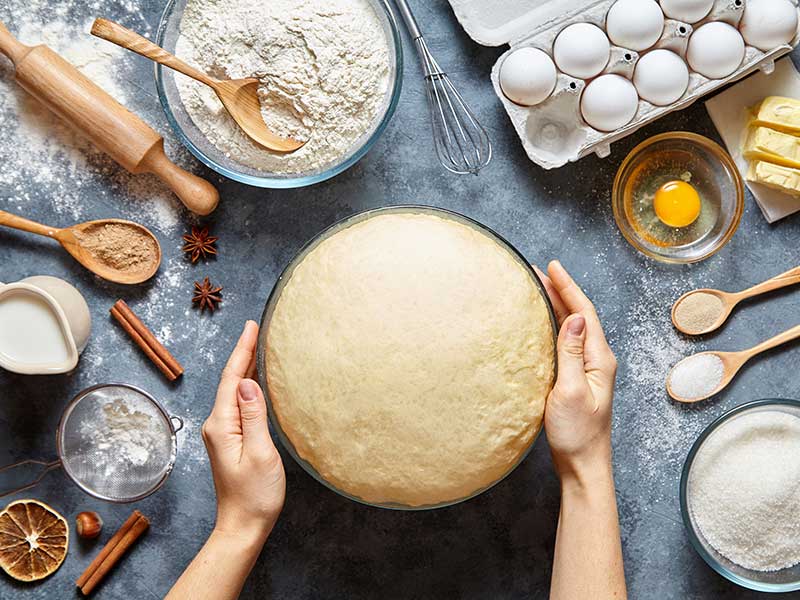
You can enjoy baking and cooking as hobbies; imagine the delectable dishes that come out of the oven as a result of your hard work. These hobbies will help you break away from ordinary life and also create something beautiful that you can share with others.
The Benefits Of Having A Baking Hobby
Despite being called a “science” due to its requirements for precision, baking can be very beneficial to your mental and physical health.
It Helps You Relax And Reduce Stress
The process of being alone in the kitchen while creating a beautiful piece of pastry is very relaxing to the soul; it feeds our desire to create things and make the world more pleasant. In fact, the act of kneading has been shown to reduce anxiety and manage depression.
It Encourages Your Creativity
Apart from the requirements of temperature and the number of ingredients, you can let your creativity guide you in conjuring up a piece of cake that caters to your liking.
It Lets You Control What You Eat
Baking your own food will allow you to control what you put in your body. You can reduce the amount of added sugar or artificial sweeteners that are often present in bakeries’ products. Baking at home will ensure that no unwanted preservatives will go into your baked products.
Tips For Beginners
If you are only starting out on your baking journey, there are a few tips and tricks you need to know to help you get past the newcomer phase faster.
Start Small
You must first learn to crawl before attempting to walk. When applying this logic to baking, you should start with small batches of simple recipes before challenging yourself with more complicated ones.
Baking small batches also save you more time to take on other recipes, which boosts your exposure to this art of baking. Begin with a few muffins, and move on to some delicious cookies before you set your eyes on larger goals.
Attend Classes
Learning on your own can be tough for some people, even with the help of the Internet. This is when baking classes can come in handy. You can enroll in a course to get a head start in baking, and classes are great places to socialize with and learn from other bakers.
Be Prepared
Don’t run headfirst into baking up a recipe without proper preparation. Get yourself accustomed to each step of the process before getting your hand dirty. Make sure that you are on top of your measuring game since one mistake can result in less-than-desirable outcomes.
Know Your Oven
If this is your first time using an oven for baking, it is paramount that you know your oven inside-out before turning up the knob. Your oven may have some quirks that you need to pay attention to, such as not distributing heat evenly.
One more thing you need to do with your oven is preheating it before putting it in your batters. This step is very important because it ensures that the oven reaches the correct temperature before you put anything in it.
Know Your Ingredients
Before you mix your ingredients, pay attention to their requirement for the correct temperature. Most ingredients need to stay in room-temperature conditions unless the recipe calls for a different approach.
Test Your Products
After hearing the delightful ding of the oven, do not be too eager to taste them directly. Use a tester such as a toothpick and poke into the baked products. If it doesn’t stick, then you know your batch is ready to go.
The poking method can also be used to check baked vegetables. If there is little resistance when you poke into the body of the vegetables, then it means they are finished.
For baked fish and meat, you can use a thermometer to check their doneness or simply use your finger to touch the meat to tell if they are done cooking. You can also use a fork to test the flakiness of the fish. If it comes apart easily, then it is cooked.
FAQs
This section of the article will help you answer some frequently asked questions that you might have.
Baking And Cooking – Why Not Both?
I believe your confusion about the two terms has been made clear by now. Baking is a subset of cooking that requires specialized tools to accomplish. If you bake, you also cook. You can take up baking as a hobby and still cook daily.
If you have any questions about this topic, comment below. Feel free to share this article with your friends and family to spread this knowledge further.
Reference
- Wrangham, Richard (2009). https://en.wikipedia.org/wiki/

